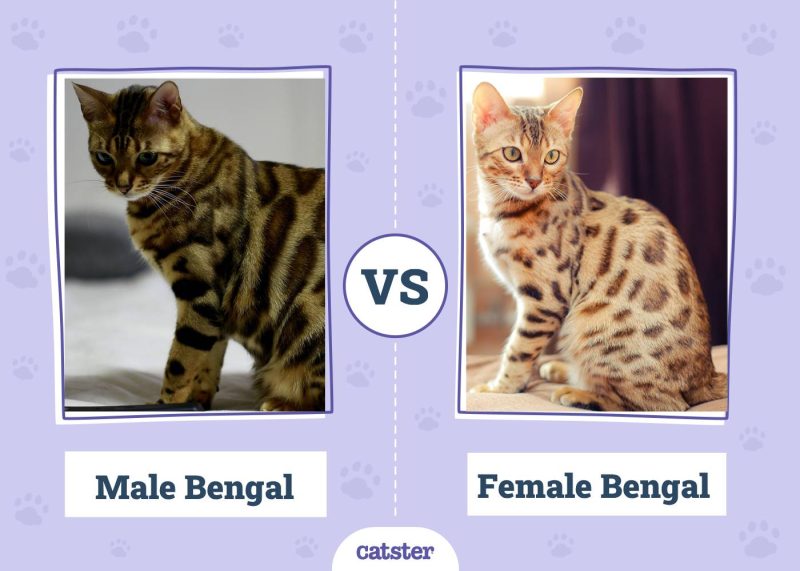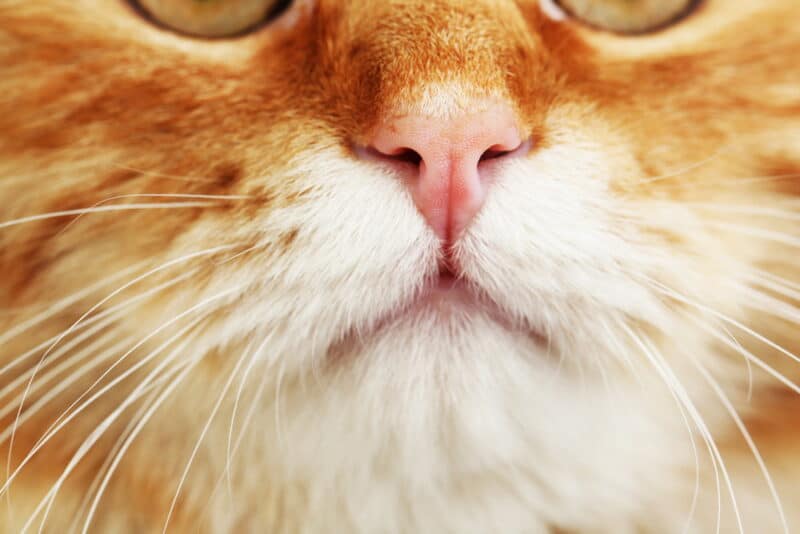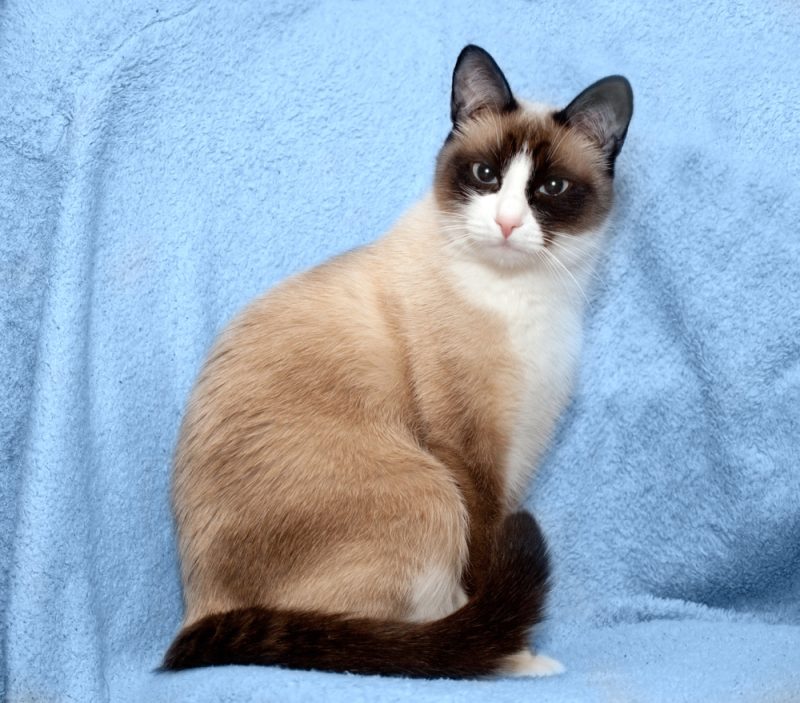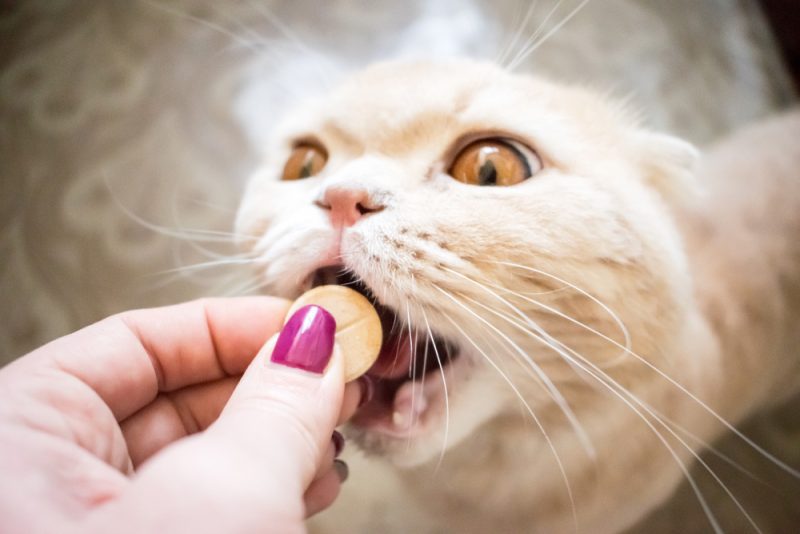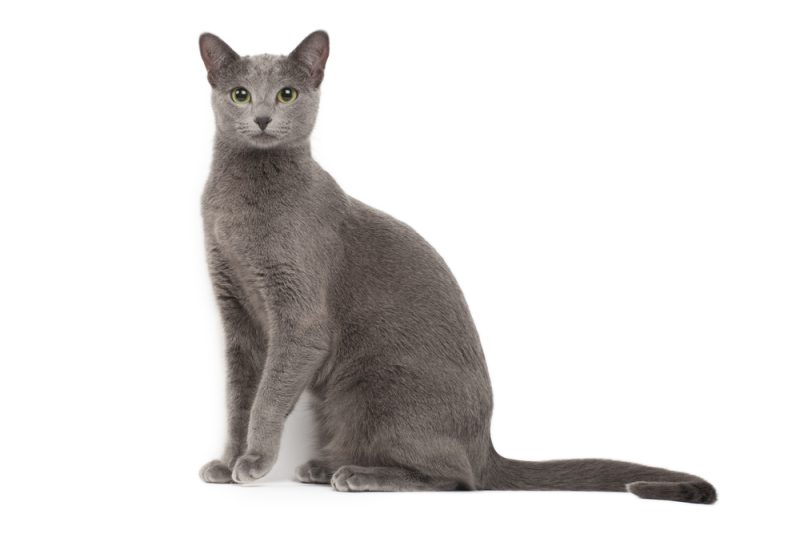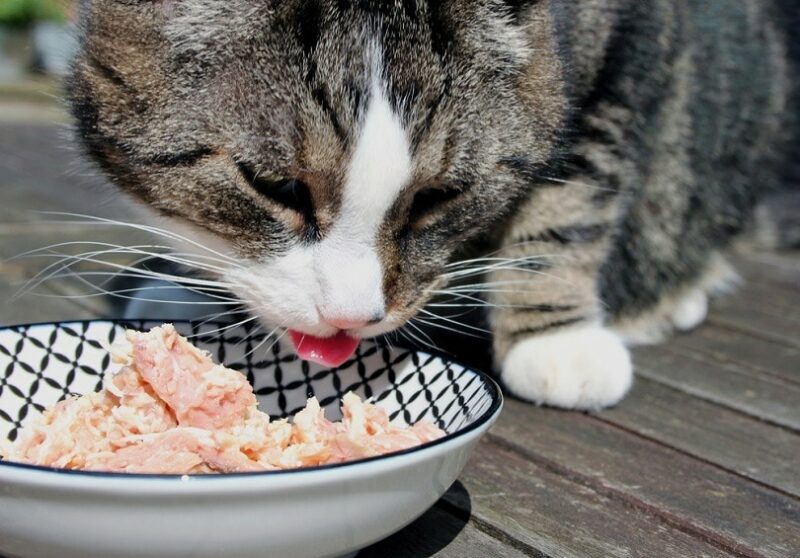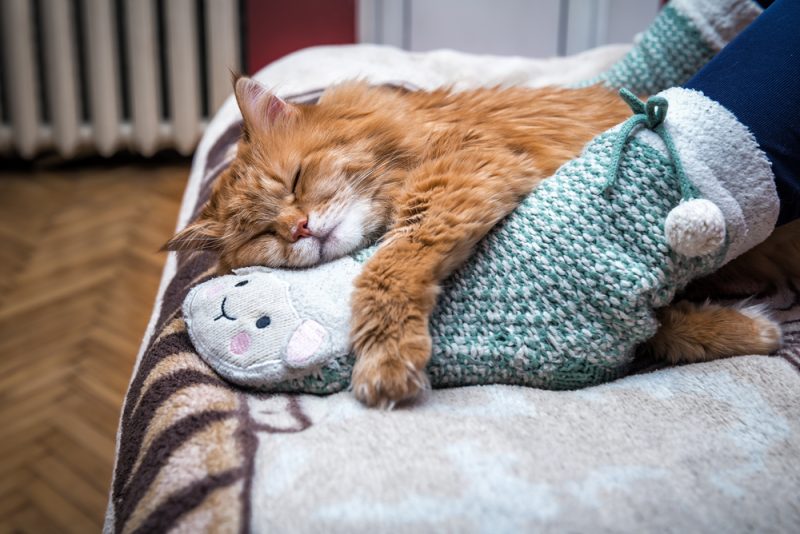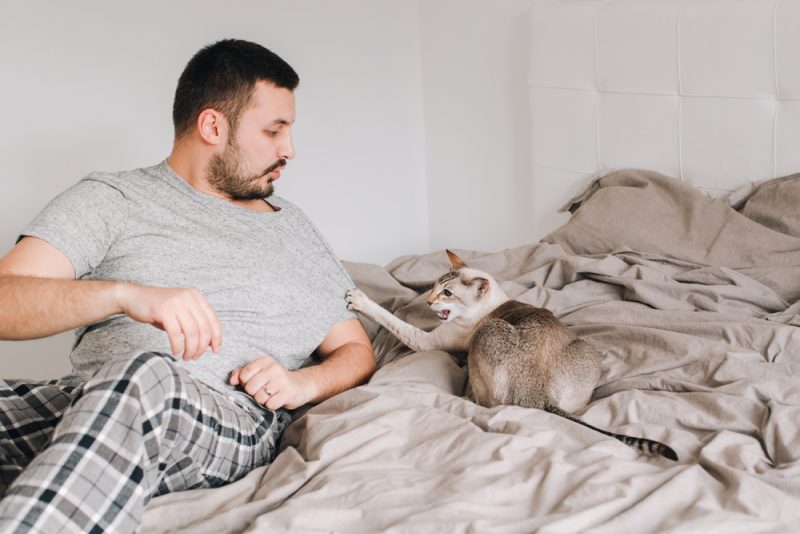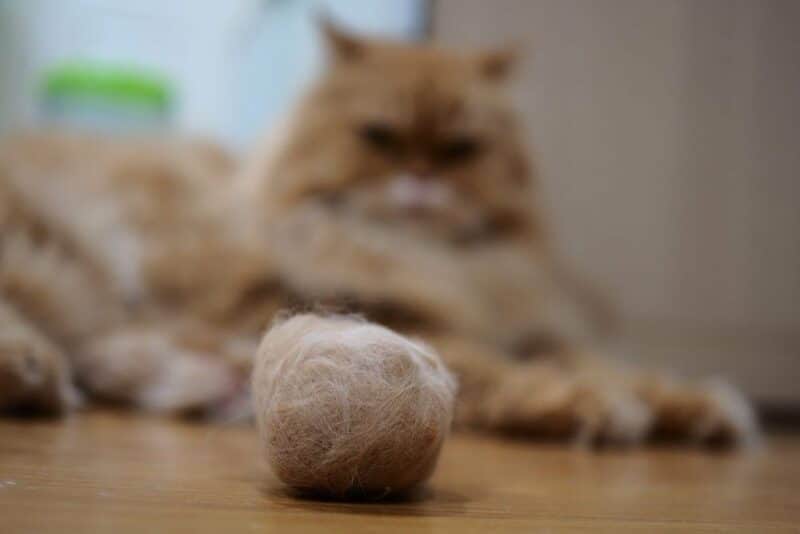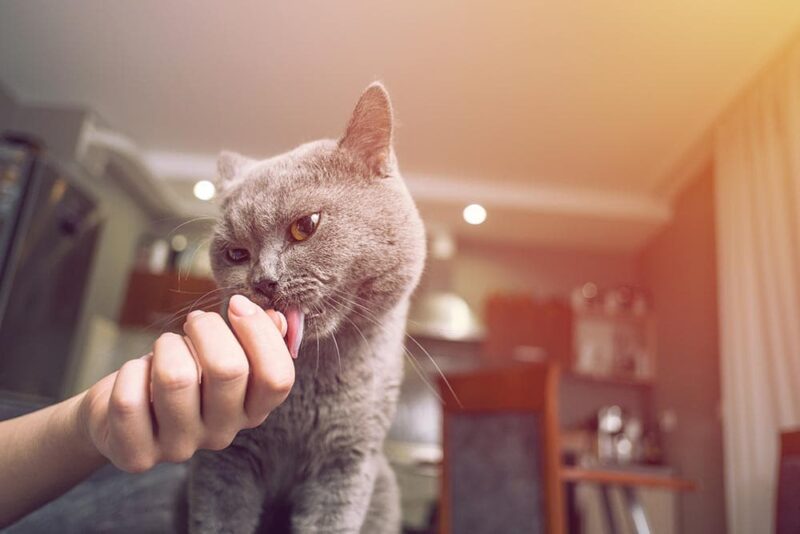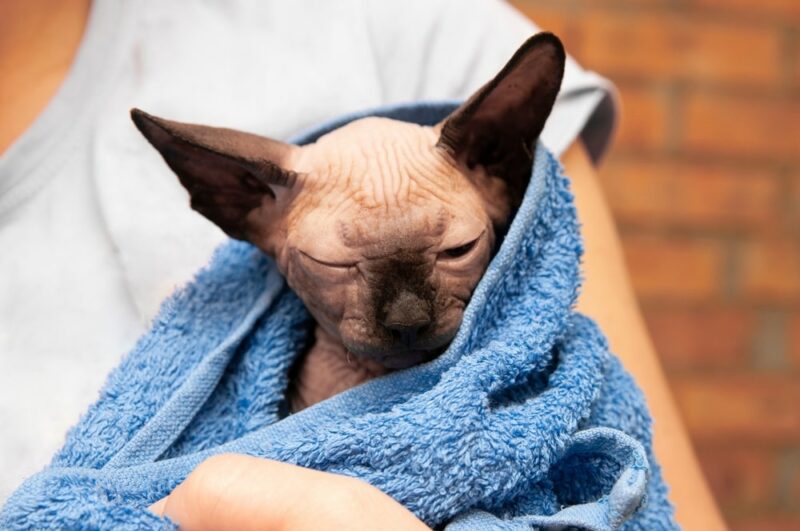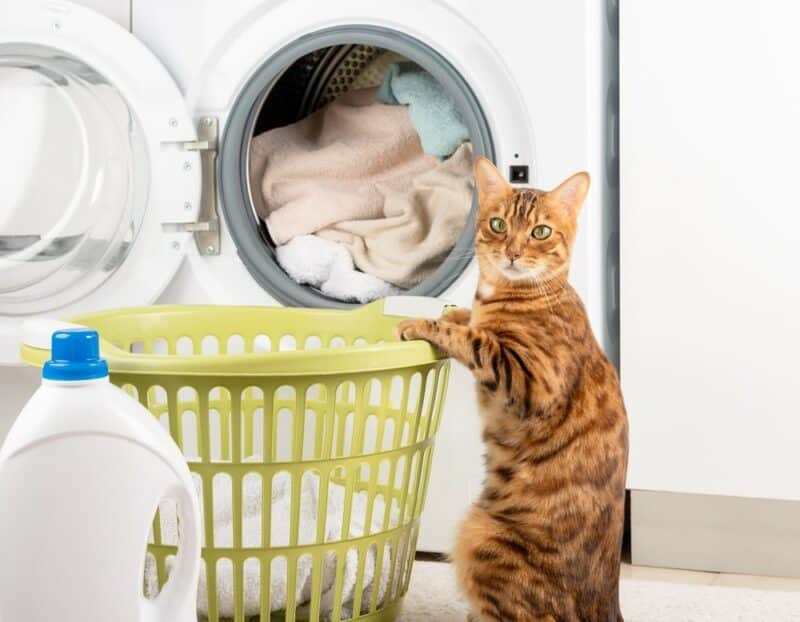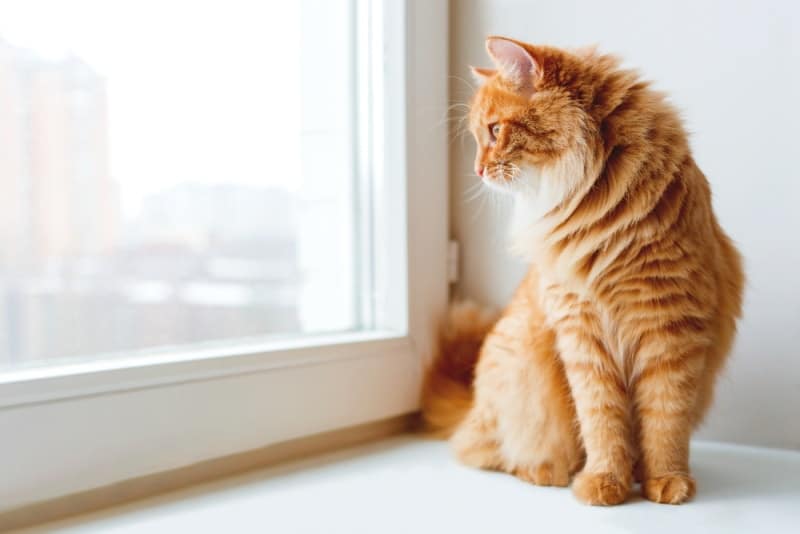In this article
The Bengal cat breed is an exotic-looking domesticated breed that comes from hybrids of other domestic cats, such as the Egyptian Mau and the Asian leopard cat. Whether male or female, the Bengal cat has a loving, affectionate personality that makes it popular with cat owners. Despite the similarities, the Bengal cat does differ between sexes. The male Bengal cat is likely to be larger than the female, and you may see behavioral differences with cats that haven’t been spayed or neutered. If you’re wondering which sex is right for you, read more about the differences between the male and female Bengal cat.

Visual Differences
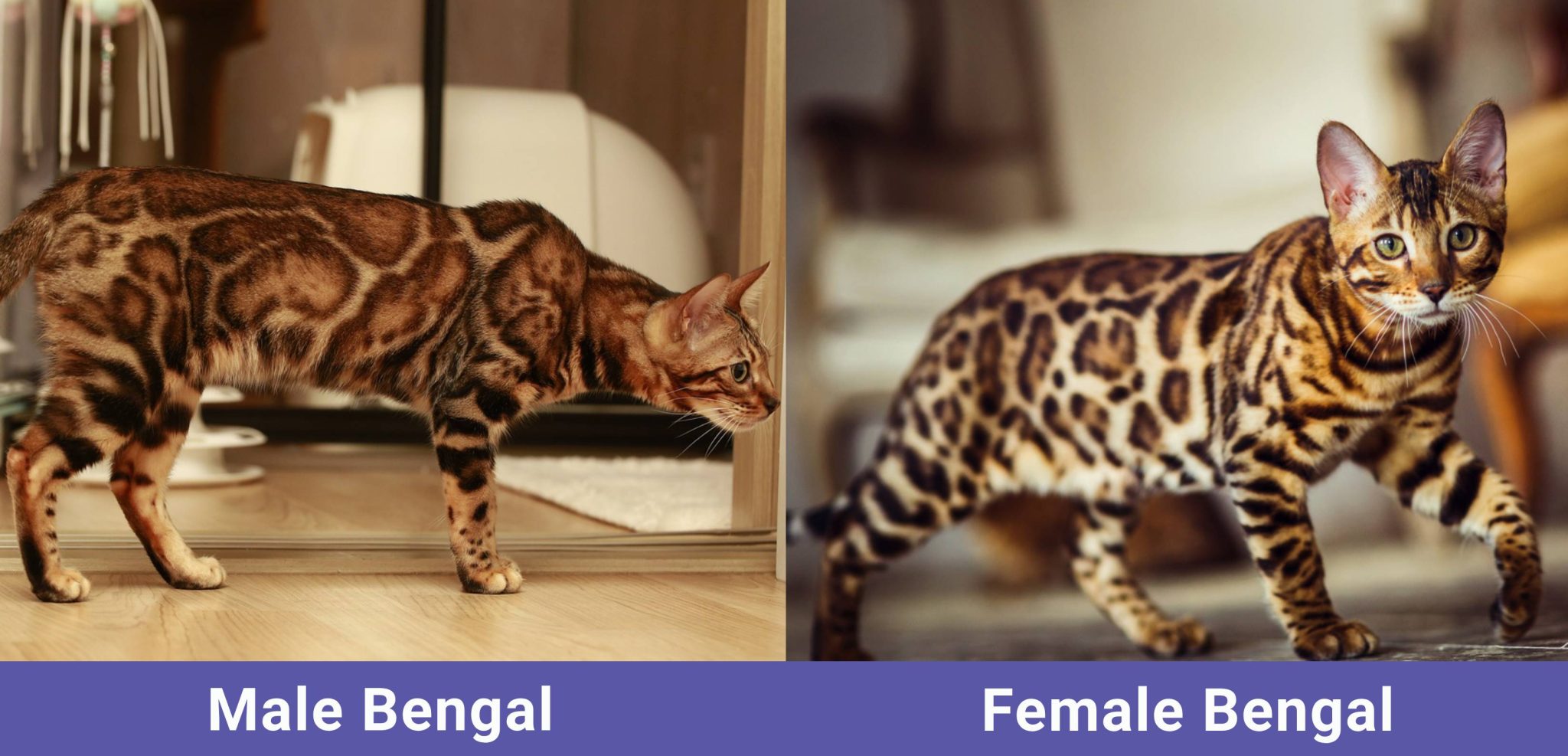
At a Glance
- Average height (adult): 8–10 inches
- Average weight (adult): 14–18 pounds
- Lifespan: 10–12 years
- Exercise: 10–15 minutes per day
- Grooming needs: Minimal
- Family-friendly: Yes
- Other pet-friendly: Yes
- Trainability: Intelligent, gets bored easily
- Average height (adult): 8–10 inches
- Average weight (adult): 10–14 pounds
- Lifespan: 10–13 years
- Exercise: 10–15 minutes per day
- Grooming needs: Minimal
- Family-friendly: Yes
- Other pet-friendly: Varies
- Trainability: Intelligent, gets bored easily, clingy

Male Bengal Cat Breed Overview
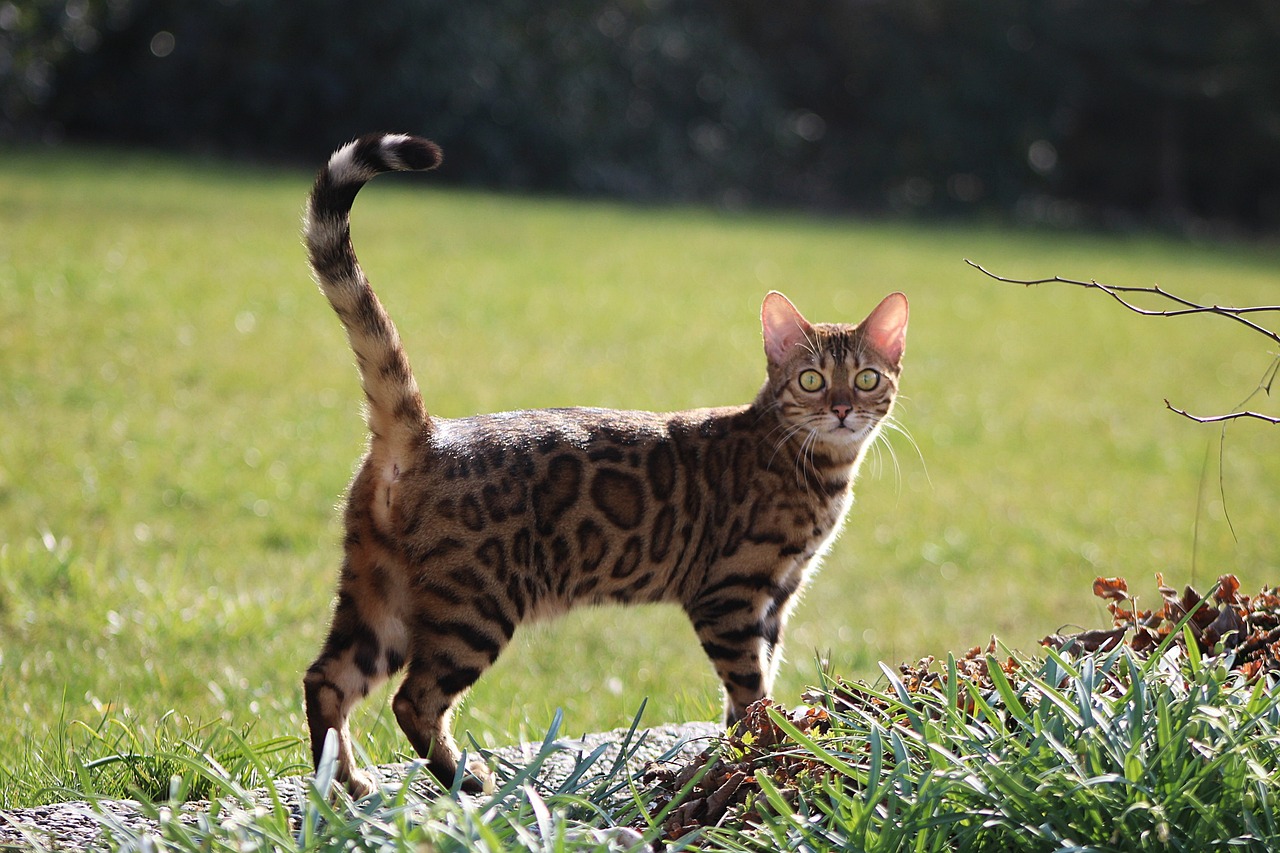
Male Bengals are generally similar to females in that they’re friendly, affectionate, and intelligent. While they are slightly larger than females, the differences are minimal. These cats are energetic and require exercise and mental stimulation to stave off boredom, which can lead to destructive habits. Male Bengal cats are more likely to get along with other cats, regardless of sex, than females. These cats also get along with well-mannered dogs and children.
Some owners note that male Bengals are more affectionate than females, but they all have their own individual personality traits. That said, individual cats may be more affectionate or clingier with certain family members, regardless of sex.
It’s important to note that these personality traits and behaviors apply to neutered male cats. Intact males may display negative behavioral traits, such as spraying, marking, and roaming in search of a female cat in heat. Intact males may also become destructive or aggressive due to the flood of sex hormones flowing through their bodies and the frustration that comes along with it. The best way to curb this behavior is with neutering at an appropriate age, typically before 5 or 6 months of age. Consult with your vet about the best time to neuter your kitten.
If you need to speak with a vet but can't get to one, head over to PangoVet. It's an online service where you can talk to a vet online and get the advice you need for your pet — all at an affordable price!
Training
Male Bengals are intelligent and eager to please their owners, so they’re more trainable than some other cat breeds. In fact, Bengals have been regarded as being more “dog-like” than many cat breeds. They can be taught tricks, such as sitting, shaking, and spinning in circles, with consistent, reward-based training. In addition, training a Bengal cat gives them mental and physical stimulation to burn excess energy and prevent boredom that can lead to destructive behaviors.
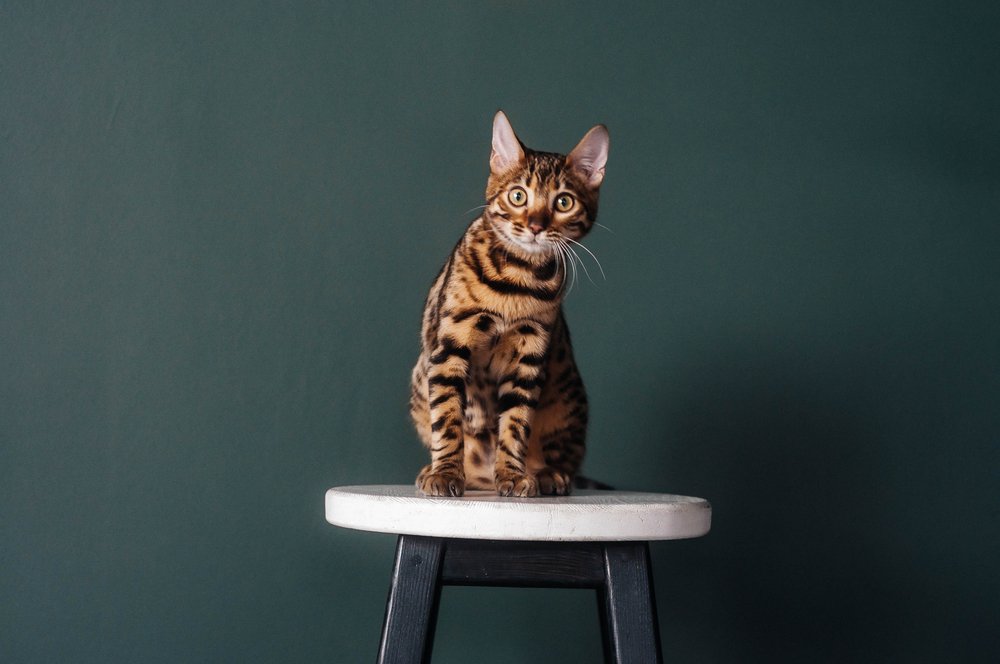
Health & Care
Bengals have a few genetic health conditions to be aware of, including progressive retinal atrophy and erythrocyte pyruvate kinase deficiency. These can affect cats of either sex. Male Bengals are prone to reproductive health problems, such as testicular cancer and prostate disease, but these can be prevented by neutering. Intact male cats may also experience health problems related to roaming and fighting with other males over a female, such as infectious diseases or injuries.
Suitable for:
Male Bengals are suitable for just about any type of pet owner. They do well in family environments and with other pets, especially if properly socialized. These cats adjust better if neutered, however, limiting issues of territoriality, destructive behaviors, and conflict with other pets. Keep in mind that Bengal cats are large and need space to roam, climb, and jump, however, so they’re not ideal for cramped quarters like dorms, apartments, or small homes with limited interior space.

Female Bengal Cat Breed Overview
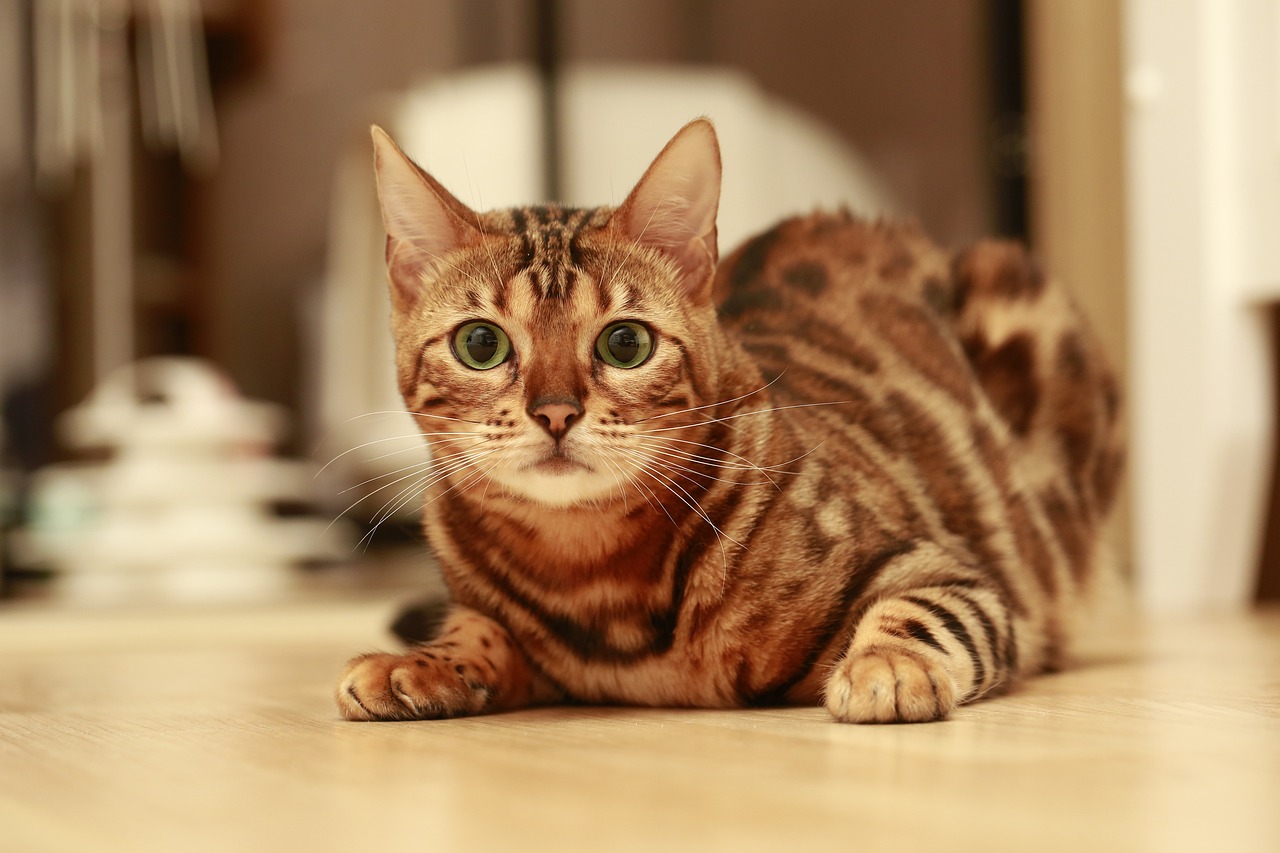
Female Bengals are slightly smaller than their male counterparts, but otherwise, the differences are minimal. Females are just as intelligent and loving as males and enjoy spending time with their human companions. Some owners note that female Bengals have natural mothering instincts and exhibit nurturing behaviors, which may make them clingier with one family member.
In family or multi-pet environments, the female Bengal may be more protective over “her person,” but it doesn’t usually escalate to aggression. In general, the female may be more defensive overall when meeting new cats, people, or other pets, though she should adjust. This is especially true of older females being introduced to younger females, which may be viewed as sexual competition, regardless of whether all animals are spayed and neutered.
When intact, female Bengals display unpleasant behaviors like increased vocalization during heat cycles and more territoriality with other females, but these can be corrected with spaying. Cats reach sexual maturity around 5 or 6 months of age, so spaying should take place before that. Your vet can advise you on the best time to spay your female. Spaying at the appropriate time may also prevent health issues in the future.
Training
Female Bengals are highly intelligent and aim to please, so they’re easy to train. Like males, female Bengals are regarded as having “dog-like” personalities and can be taught tricks with consistency and rewards-based training methods. Overall, female Bengals are seen as calmer than males, but they still need exercise and plenty of environmental stimulation like cat trees, towers, stairs, and perches.
Health & Care
Female Bengals are prone to the same inherent health conditions as male Bengals, including progressive retinal atrophy and erythrocyte pyruvate kinase deficiency. Intact females may also be prone to reproductive health conditions, such as pyometra, a painful infection of the uterus, and mammary cancer. The best way to prevent these health conditions is by spaying the female at an appropriate age.
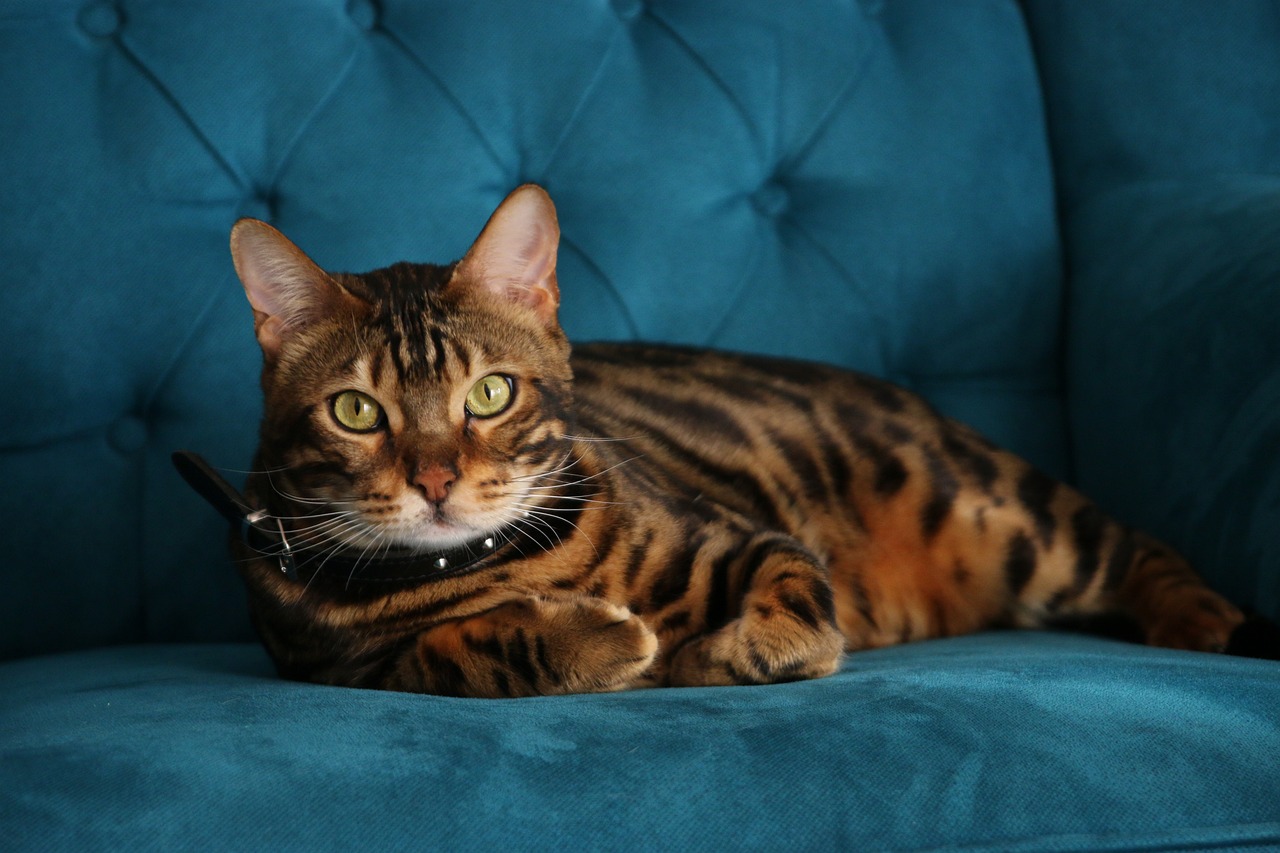
Suitable for:
Female Bengals can be suitable for virtually every type of pet owner. Because they tend to get attached to one person in the family, female Bengals are a great choice for single pet owners, though they also do well with families and multi-pet environments. Keep in mind that female Bengals may be defensive or standoffish with new cats, dogs, and people, so it’s best to introduce them at a young age if possible.

Which Sex Is Right for You?
Bengals are friendly, affectionate, and energetic cats that make great pets, regardless of sex. Most of the differences between male and female Bengals have to do with their sex hormones, which can be corrected by neutering and spaying at the appropriate age. Otherwise, the male and female Bengal are remarkably similar.
Featured Image Credit: Elena Borisova, Pixabay, Gidon Pico, Pixabay
